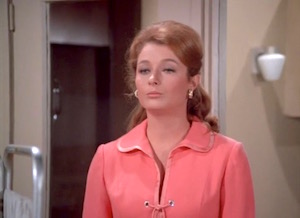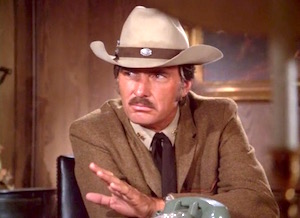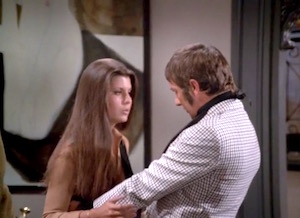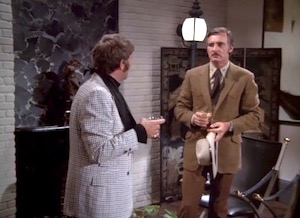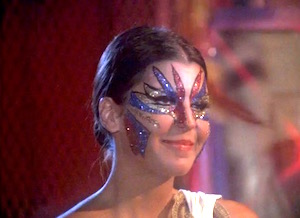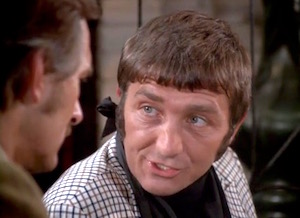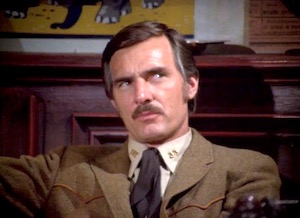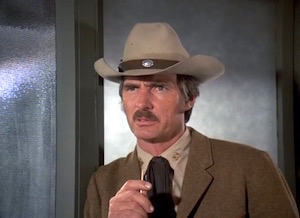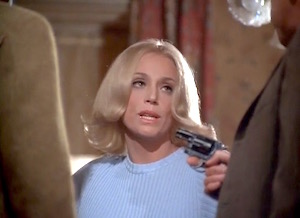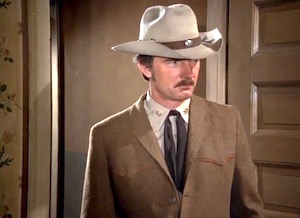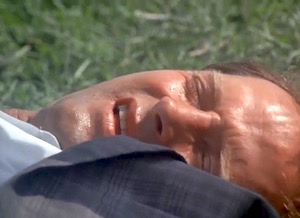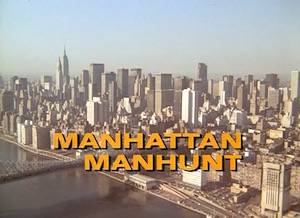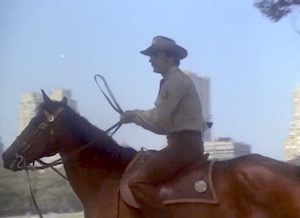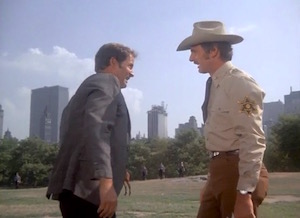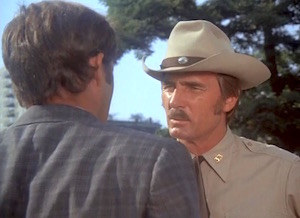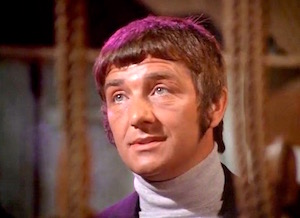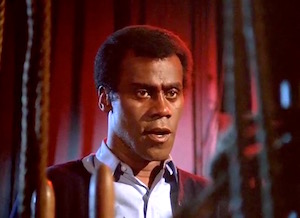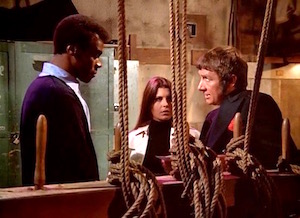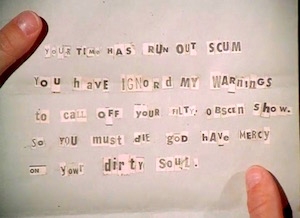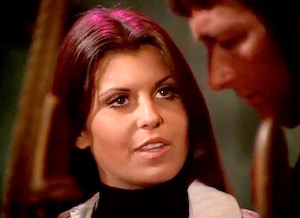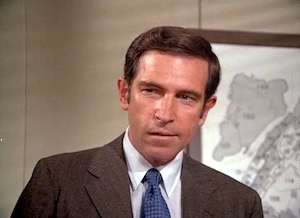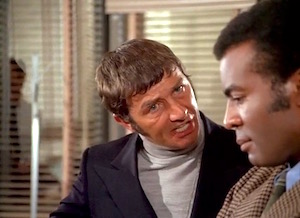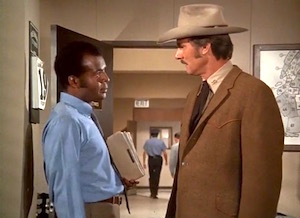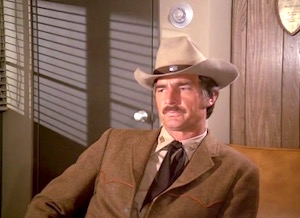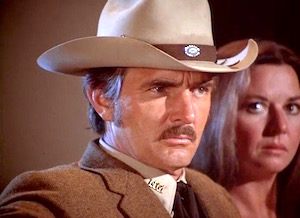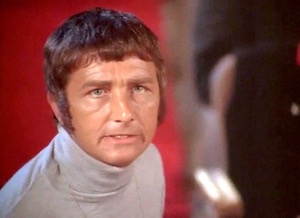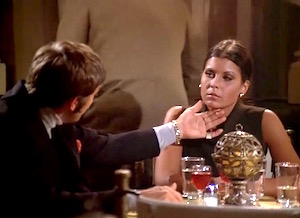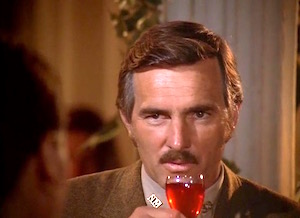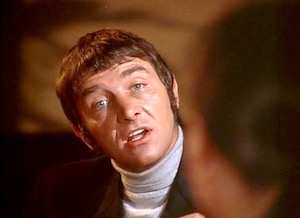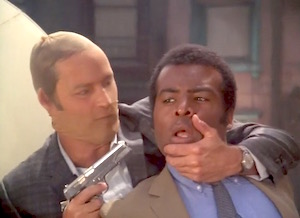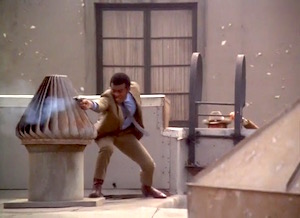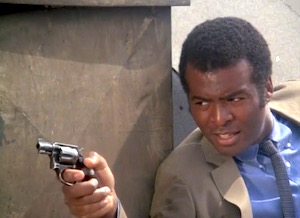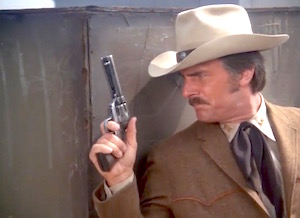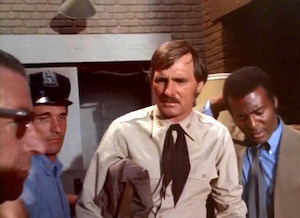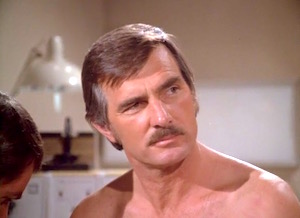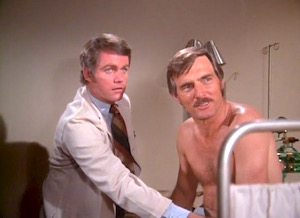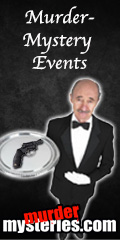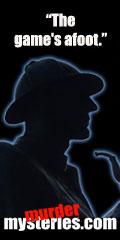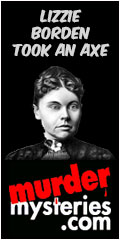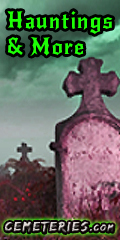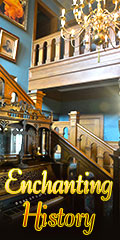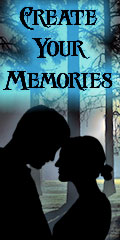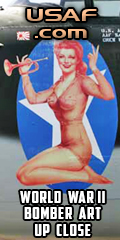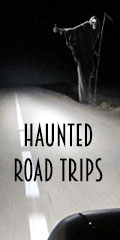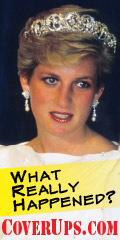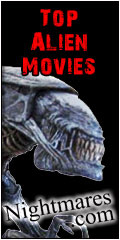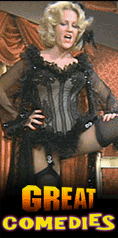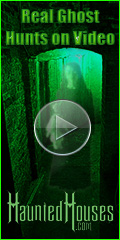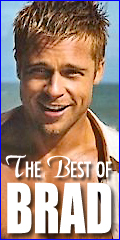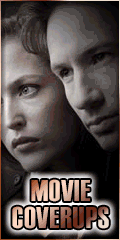
McCloud
McCloud was a TV police drama that aired on NBC from 1970 to 1977. It starred former Gunsmoke regular Dennis Weaver, and for six of its seven years was part of the NBC Mystery Movie rotating series produced for NBC by Universal.
The show focused on the character of Deputy U.S. Marshal Sam McCloud of Taos, New Mexico, who was on loan to New York City police as a special investigator.
Fess Parker was the first choice to play McCloud, but he turned it down. Universal then turned to veteran actor Dennis Weaver. The pilot, "Portrait of a Dead Girl", premiered on February 17, 1970, establishing its premise with McCloud escorting a prisoner from New Mexico to New York City, only to be drawn into the investigation of a complex murder case.
The notion of a cowboy in the big city can be traced back to the 1968 film Coogan's Bluff, which starred Clint Eastwood. Herman Miller, who was credited as McCloud's creator, originated the story of Coogan's Bluff and co-wrote the screenplay. Like Coogan, McCloud galloped the length and breadth of Manhattan (joined by "The 42nd Street Cavalry", a mounted unit), and the sight of him on horseback riding down the middle of a busy street (featured in an early episode) became one of McCloud's most well-known images.
NBC picked up McCloud for six hour-long episodes in 1970, making it part of its wheel series Four in One, together with San Francisco International Airport, The Psychiatrist, and Rod Serling's Night Gallery. The next year, NBC retooled the wheel series, lengthening McCloud from sixty to ninety minutes and adding two other detective shows, McMillan & Wife and Columbo, to round out the wheel; all three became part of what became the NBC Mystery Movie series. It was a hit, finishing at number 14 in the Nielsen ratings that year. NBC then moved McCloud, McMillan and Columbo to Sunday nights the next year, where they became an even bigger draw, finishing at number 5 in the ratings.
Starting in the fall of 1974, the episodes were lengthened again, to two hours, but were shortened again to 90 minutes for the last season, in 1976. The 46th and final episode, "McCloud Meets Dracula", aired on April 17, 1977.
Dennis Weaver earned Emmy nominations in 1974 and 1975 for Outstanding Lead Actor in a Limited Series. The executive producer was Glen A. Larson, who also wrote for the series, along with Peter Allan Fields, Lou Shaw, and Jimmy Sangster, among others.
In 1989, Weaver reprised the McCloud role in a made-for-TV movie, The Return of Sam McCloud, in which McCloud had become a U.S. Senator.
The enduring theme of the series was the conflict between the good-natured, clear-eyed McCloud and the metropolitan cynicism of New York City, its denizens, and McCloud's fellow officers. McCloud's attire, typically including a sheepskin coat or Western jacket, bolo tie and cowboy hat, was a ready-made source of comic relief in his encounters with native New Yorkers. That they might mistake him for a naïf because of this invariably worked to his benefit. Despite being a Deputy Marshal operating out of the US Marshal's office in Taos, McCloud liked to ease peoples' suspicion of his motives by explaining that he was in New York "to observe and learn".
One of McCloud's signatures was his even-keeled calm and indifference to insults, especially from his superior, NYPD Chief of Detectives Peter B. Clifford, whose taunts ("send in the sagebrush Sherlock Holmes") he never took personally. Weaver's grin and drawling twang made McCloud the embodiment of the American lawman who always saw the good in people without losing sight of what was actually at stake, who spared no effort to solve the case and catch the bad guy. His signature catchphrase was "There ya go!", which was often met with puzzlement or bemusement.
Another recurring theme was the conflict between McCloud and Clifford. In early episodes their relationship was amiable, with Clifford expressing a wary respect for the unconventional Westerner. This soon soured, however, because of McCloud's persistent disregard of Clifford's authority, combined with a charm that allowed him to avoid many of the consequences his "cowboy-like" nonconformist ways might otherwise bring. Over time Clifford's attitude towards McCloud became more cynical and antagonistic, sometimes spilling over into rage, though even when this happened it was tempered by grudging respect, on account of McCloud's undeniable ability to solve even the hardest cases.
McCloud was often partnered with Sgt. Joe Broadhurst, played by Terry Carter. Broadhurst, a New Yorker, evinced an existential pessimism that contrasted sharply with McCloud's optimistic temperament. Like Chief Clifford, Broadhurst considered himself wise to McCloud's peculiarities, but unlike Clifford often found himself drawn into McCloud's schemes to solve particular cases, often in the face of direct orders to the contrary. It was Broadhurst's lot to play the role of reluctant lightning rod to Clifford's anger, and stoically absorb as much of the blame for McCloud's initiative as McCloud himself did.
Other recurring characters included the gravel-voiced Sgt. Grover (Ken Lynch), forever anchored to his squad room desk, and noted character actress Teri Garr as the ever-smiling but mildly ditzy Sgt. Phyllis Norton.
McCloud was something of a ladies' man, and female guest stars often fell for him. He had an ongoing love interest, the tough-talking but soft-hearted Chris Coughlin, (Diana Muldaur), whose work as a newspaper writer could conflict with McCloud's police work.
McCloud, which can reasonably be called a big city western, was set in New York City during a low point of its history, after the civil unrest and chaos of the 1960s, with the bankruptcy of the mid '70s looming. The opening credits of the show's early years showed the Twin Towers of the World Trade Center, at the time a hotly-debated urban renewal effort, still under construction.
During the '70s, New York City seemed to be on an irresistible slide into urban doom. In some episodes (such as "Walk in the Dark") the city was depicted as horrifically crime-ridden, with muggings and bodily harm waiting around every corner.
McCloud was filmed partially on location, but depended on the Universal Studios back lot for many of its scenes.
